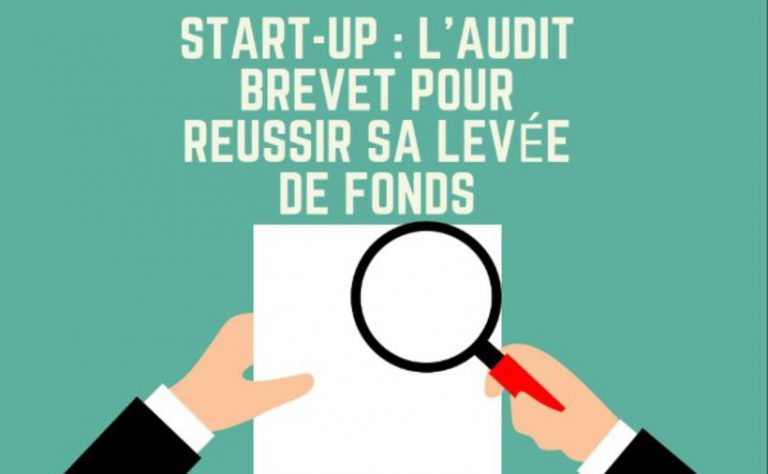
THE PATENT AUDIT, ESSENTIAL FOR START-UPS RAISING FINANCE
Hélène Stankoff has written an article entitled “The patent audit, essential for start-ups raising finance” which was published on 18 February 2019 in Technica, the newspaper for alumni of the Ecole Centrale de Lyon.
The patent audit, essential for start-ups raising finance
The need for start-ups to protect their inventions by patenting them is indisputable. The evaluation of the company by potential investors is often based on those inventions.
Yet the mere fact of having filed one or more patents to protect a technology is not sufficient to guarantee the raising of finance and investors would be well advised to assess those IP rights in detail before committing funds.
Thus, as a first step the entitlement to those patent rights should be considered: in France, the invention belongs by default to its inventor, or to his/her employer under certain conditions of an employment contract; and the patent belongs to the party filing the application for it before the INPI (the national IP office tasked with the granting of patents in France).
It is not uncommon at the time of an audit to find that the patents belong to the founder or founders of the start-up and not to the company itself; or conversely, that the company did indeed file a patent application in its own name but does not actually possess the rights to the invention!
All these are situations are delicate matters to detect and deal with prior to attracting investment.
Even more vital is the evaluation of the exact scope of what is protected by the patents held by the start-up. When for example there is a new product for which accelerated development and launch on the market is desired, is it the product in its entirety that is protected? Or is it merely a particular embodiment or a part of the product? Are there several patents to protect not only what the start-up envisions commercializing but also alternative solutions, which could otherwise be developed by competitors to take market share?
It should not be forgotten that a patent right is a right to prohibit third parties from manufacturing and placing on the market the subject-matter protected by the patent. It is thus important to evaluate the exclusivity which the start-up has been able to reserve for itself by the grant of those patents in order to support the development and sales predictions contained in the Business Plan.
This evaluation requires an analysis of the patents and their examination procedures by the patent offices in order to know the true scope of the patent after grant, which is often more restricted than the scope which had been hoped for on filing the patent application.
Lastly, and probably most essentially of all, has the start-up actually checked that the products it wishes to launch onto the market do not themselves infringe the patents held by competitors?
This check is of the utmost importance to avoid the product launch being stopped or hindered by claims or law suits for patent infringement.
Such a check must be made in relation to the products which will actually be place on the market by the start-up (whether or not those products have themselves been the subject of patent applications), and according to the markets and countries for which commercialization is envisioned.
This concept of the freedom to operate is all the more important because the result of raising of finance or the purchase of a company is often to place its activities in the lime-light, thereby drawing the attention of potential competitors. Such competitors may be hostile to the new operator and may wish to defend their territory by rightly asserting their patent rights.
It is the combination of these assessments which should be covered by a patent audit at the time of due diligences carried out by the investors before any transaction, well ahead of closing, and which the start-up should prepare for by anticipating the various issues in their IP protection strategy.
